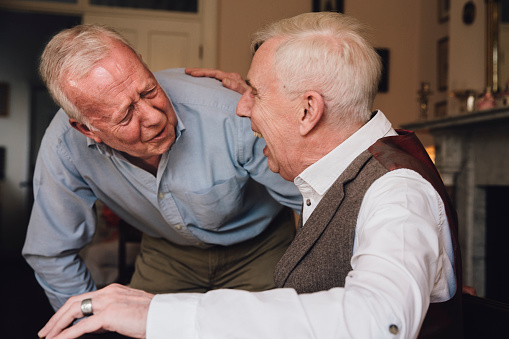Why Your Voice Changes as You Age

Did you know that your voice can change over the course of your lifetime?
As we age, several changes in our bodies contribute to the shift in the sound of our voice. The vocal cords, which are responsible for producing sound, become less elastic over time, which can cause them to lose some of their flexibility and mass. This results in a higher or lower pitch depending on the individual. Additionally, changes in the respiratory system, such as decreased lung capacity and weaker muscles involved in breathing, can affect the volume and control of the voice. The muscles surrounding the vocal cords may also weaken, making it harder to produce sound with the same strength or clarity. Hormonal changes, particularly in both men and women, can also influence vocal tone and pitch. Furthermore, the aging process can lead to dryness in the throat and reduced lubrication, causing the voice to sound more raspy or gravelly. All of these factors combine to create the gradual transformation in voice quality as a person gets older.
AARP has shared a piece that explains changes in the voice and some of the causes. To read about them, CLICK HERE.
